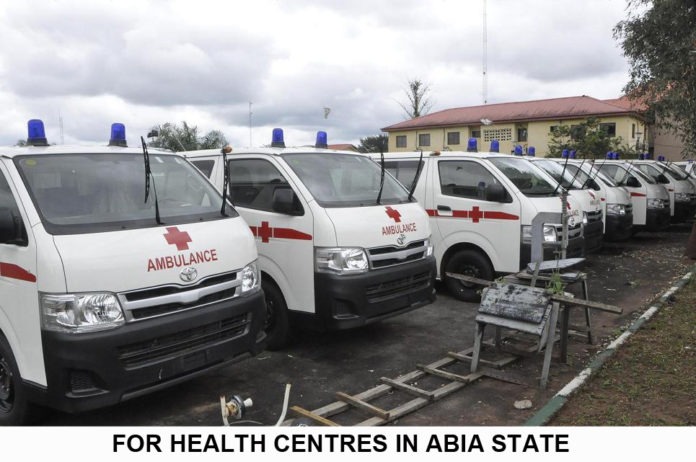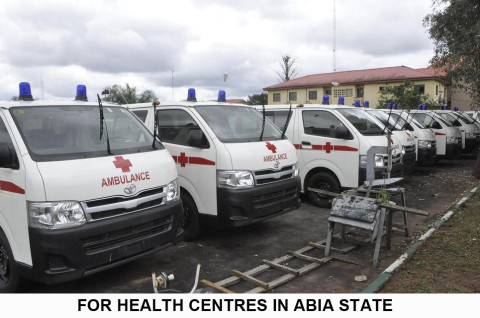The painful stories coming out of West Africa about Ebola shock our sensibilities.
We have more advanced tools and greater capacity for communication and collaboration than ever before to ensure these types of outbreaks don’t grow into global health crises — yet inadequate and ill-resourced national health systems lacked the capacity to mobilize these interventions to keep up with the outbreak.
Before becoming ground zero for the Ebola virus, Guinea, Liberia and Sierra Leone were all making progress to rebuild after long and bloody civil wars. Sierra Leone saw its economy grow by 20.1 percent from 2012 to 2013 — but now development is at a standstill.
Liberia is seeing violence rise again as a result of the destabilizing virus, illustrating a cycle that affects more than just health, but a nation’s ability to fully rebound from one shock before another hits.
Strong health systems help mitigate the disruption a health epidemic causes, limit the lives lost, and ensure local populations can resume normal functions sooner than later. Strong health systems also strengthen the overall social cohesion and economic productivity of a community in times of calm. Over the past decade, health improvements drove up to 24 percent of full income growth in low- and middle-income countries.
Despite all these potential benefits, strong health systems are the key that many West African countries are still missing, and might have prevented the current health crisis from becoming the largest known Ebola outbreak in history.
But before we can address this larger problem, we must address the emergency at hand. This will require more than quarantines and medicines. It will need infrastructure that cannot be created overnight, surveillance tools to identify cases, means for communicating effectively with frightened communities, systems to reach even the poorest and most remote communities, trained health workers and facilities to care for the sick.
Once the immediate emergency has subsided, the global community must mobilize to help build health systems that will ensure this kind of epidemic never happens again. This isn’t just about improving emergency management practices — such as rapid response when viruses emerge — but also ensuring that health systems can provide the most basic health services to people at any time.
Universal health coverage is a proven way to decrease out-of-pocket expenses, and creates a situation where all people can access the critical health services they need without fear of diving even deeper into poverty. It requires health systems to be functional and effective, offering services that are widely available and of good quality.
Encouragingly, more than 70 countries — rich and poor — are moving toward UHC, investing in health systems that will both improve the lives of people on a daily basis, as well as anticipate, prepare for and recover from health shocks down the line. In fact, Nigeria, Liberia and Sierra Leone have already begun planning health system reforms that will move them closer to UHC.
Resources are crucial. There’s no doubt that the costs of shoring up health systems are high, but costs of not doing so are higher. In this sense, it’s great news that $150 million of the World Bank’s $200 million emergency package to fight Ebola is dedicated to building health systems.
The Ebola epidemic will come to an end eventually, but the challenge will not end there. If we fail to invest in 21st century health systems that meet everyone’s basic health needs, we will not only repeat today’s experience in West Africa, but also upset all other progress.
—
Yours In High Regards
Prince Charles Dickson
234-8033311301, 8057152301








